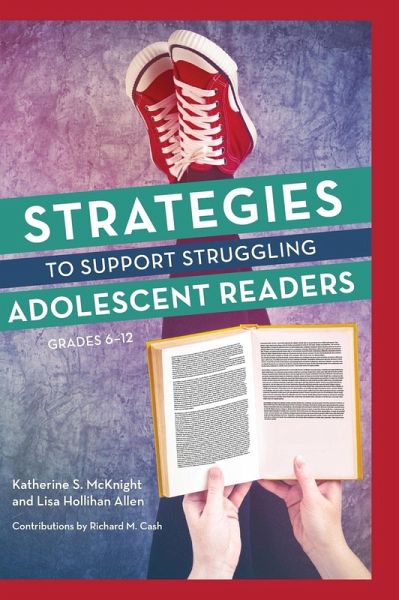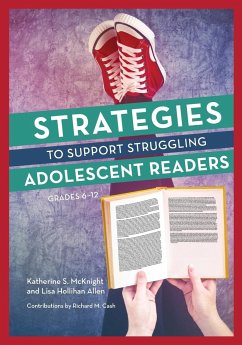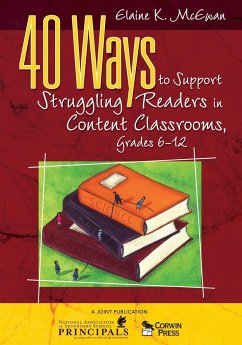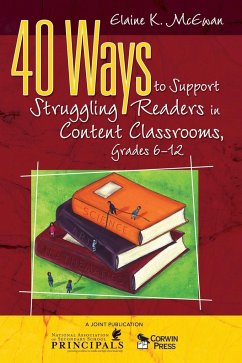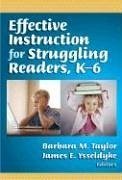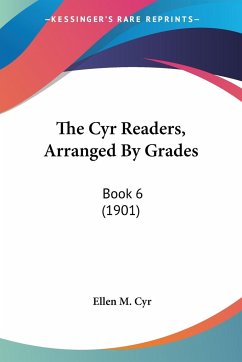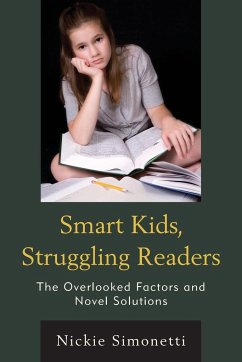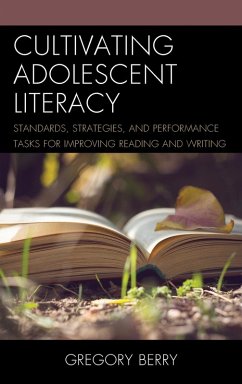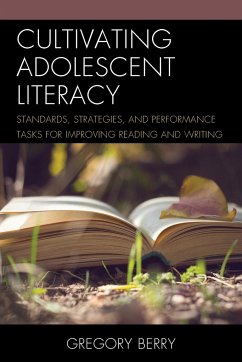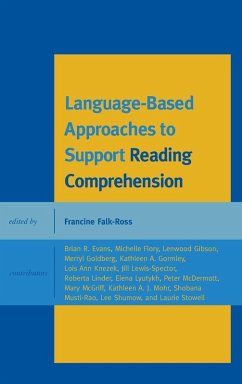Strategies to Support Struggling Adolescent Readers, Grades 6-12
Versandkostenfrei!
Versandfertig in 1-2 Wochen
Weitere Ausgaben:

PAYBACK Punkte
49 °P sammeln!




This book addresses the need for 6-12 teachers to have literacy intervention materials to use for their struggling readers.
Lisa Hollihan Allen, MSE is a teacher, literacy coach and author. Her education career began as a middle school ELA and literature teacher. She currently is a K-12 reading specialist for the West De Pere School District in Wisconsin where she works with students 6-12 as a literacy interventionist. She serves as an adjunct instructor at St. Norbert College where she teaches the course Language Analysis and Applied Linguistics. Her role in education expanded when she worked as a literacy leader and literacy team facilitator for Wisconsin CESA 7 (Cooperative Educational Service Agency) extending educational opportunities to all corners of the state and across the nation. Lisa was a state finalist for the Kohl Teacher Fellowship. Katherine McKnight, Ph.D. currently serves as a Distinguished Professor of Research at National Louis University. She travels worldwide as a professional development consultant and is a speaker in the fields of elementary & adolescent literacy, inclusive classrooms, state standards, interdisciplinary literacy, and integrating technology in the 21st century classroom. She is completely committed to the development, sharing, and promotion of strategies that develop student literacy. That's why she spends many days each year in classrooms, working with teachers to help students grow into productive, creative adults. Because Katie's work takes her into all kinds of schools (public, private, parochial; rural, urban, and suburban), she's able to complement her vast expertise with relevant classroom experience. Dr. McKnight regularly publishes in professional journals and is the author of many award-winning, professional books. To learn more about her check out: www.katherinemcknight.com or follow her on twitter: @LiteracyWorld.
Produktdetails
- Verlag: Rowman & Littlefield Publishers
- Seitenzahl: 196
- Erscheinungstermin: 8. März 2018
- Englisch
- Abmessung: 260mm x 183mm x 15mm
- Gewicht: 574g
- ISBN-13: 9781475822052
- ISBN-10: 1475822057
- Artikelnr.: 49442187
Herstellerkennzeichnung
Libri GmbH
Europaallee 1
36244 Bad Hersfeld
gpsr@libri.de
Für dieses Produkt wurde noch keine Bewertung abgegeben. Wir würden uns sehr freuen, wenn du die erste Bewertung schreibst!
Eine Bewertung schreiben
Eine Bewertung schreiben
Andere Kunden interessierten sich für



